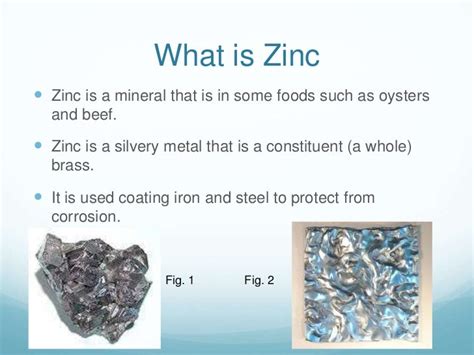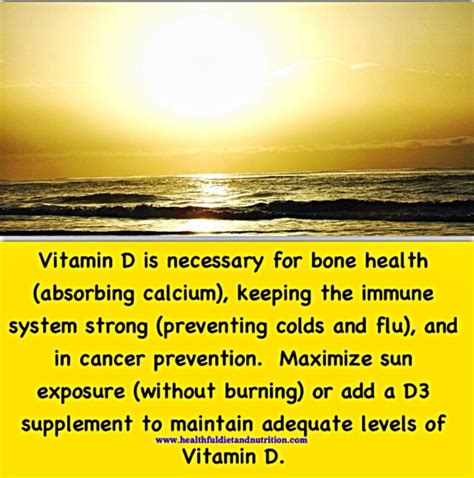What specific vitamin and mineral pair are frequently discussed for their role in supporting healthy testosterone levels in men?

Maintaining healthy testosterone levels is crucial for men’s overall well-being, influencing everything from muscle mass and bone density to mood and libido. As men age, or due to various lifestyle factors, these levels can naturally decline, prompting a search for effective ways to support hormonal balance. While a holistic approach involving diet, exercise, and sleep is paramount, specific micronutrients often come under the spotlight for their direct involvement in the body’s complex endocrine system.
The Dynamic Duo: Zinc and Vitamin D
When it comes to micronutrients that significantly impact male hormone health, particularly testosterone, a specific vitamin and mineral pair frequently emerge in scientific discussion and popular wellness discourse: Zinc and Vitamin D. These two distinct nutrients, a trace mineral and a fat-soluble vitamin (often acting as a hormone), are lauded for their individual and synergistic contributions to testosterone synthesis and regulation.

The Crucial Role of Zinc
Zinc is an essential trace mineral involved in over 300 enzymatic reactions in the body. For testosterone production, its role is multifaceted. Zinc is vital for the Leydig cells in the testes, which are responsible for producing testosterone. Studies have shown that zinc deficiency can lead to reduced testosterone levels, and supplementation in zinc-deficient men can effectively restore these levels. It also plays a part in maintaining the health of the prostate and regulating the enzyme aromatase, which converts testosterone into estrogen. Adequate zinc helps prevent this conversion, thereby preserving higher levels of free testosterone.

Vitamin D: More Than Just Bone Health
Often referred to as the “sunshine vitamin,” Vitamin D is, in fact, a pro-hormone. Its receptors are found in various tissues throughout the body, including the Leydig cells in the testes. Research indicates a strong correlation between sufficient Vitamin D levels and higher testosterone. It’s believed that Vitamin D influences the expression of genes involved in testosterone synthesis and also affects the function of the enzyme 17β-hydroxysteroid dehydrogenase, which is critical for testosterone production. Furthermore, adequate Vitamin D levels are associated with better overall metabolic health, which indirectly supports optimal hormone function.

Synergy in Action
While Zinc and Vitamin D each have distinct mechanisms for supporting testosterone, their combined presence is often more impactful. Both nutrients contribute to overall endocrine health and immune function, creating an optimal environment for hormone production. For instance, Vitamin D can improve the body’s response to other hormones, while Zinc helps protect cells from oxidative stress, further supporting healthy testicular function. Their combined influence ensures that the complex biochemical pathways leading to testosterone synthesis are robustly supported from multiple angles.
Obtaining Zinc and Vitamin D: Food and Supplements
Achieving optimal levels of these nutrients through diet is the preferred method. Zinc is abundant in red meat, poultry, shellfish (especially oysters), legumes, nuts, and whole grains. Vitamin D is primarily obtained through sun exposure, but can also be found in fatty fish (salmon, mackerel), fortified dairy products, and certain mushrooms. However, due to modern lifestyles and dietary patterns, deficiencies are common. In such cases, supplementation can be considered, but always under professional guidance to ensure appropriate dosages and to avoid potential adverse effects of excessive intake.

Important Considerations
It’s crucial to understand that while Zinc and Vitamin D play significant roles, they are not a magic bullet for testosterone issues. Hormonal health is complex and influenced by a myriad of factors including genetics, age, lifestyle, and underlying health conditions. Before starting any supplementation regimen, especially for hormonal support, consulting with a healthcare professional is highly recommended. They can assess your current nutrient levels, diagnose any deficiencies, and provide personalized advice to ensure safety and efficacy.

Conclusion
In summary, Zinc and Vitamin D stand out as the vitamin and mineral pair most frequently highlighted for their critical contributions to maintaining healthy testosterone levels in men. Their individual roles in testosterone synthesis and regulation, coupled with their synergistic effects, underscore their importance in male endocrine health. While focusing on a nutrient-rich diet and a healthy lifestyle forms the foundation, understanding the specific impact of these two micronutrients can empower men to make informed choices for their long-term well-being.








